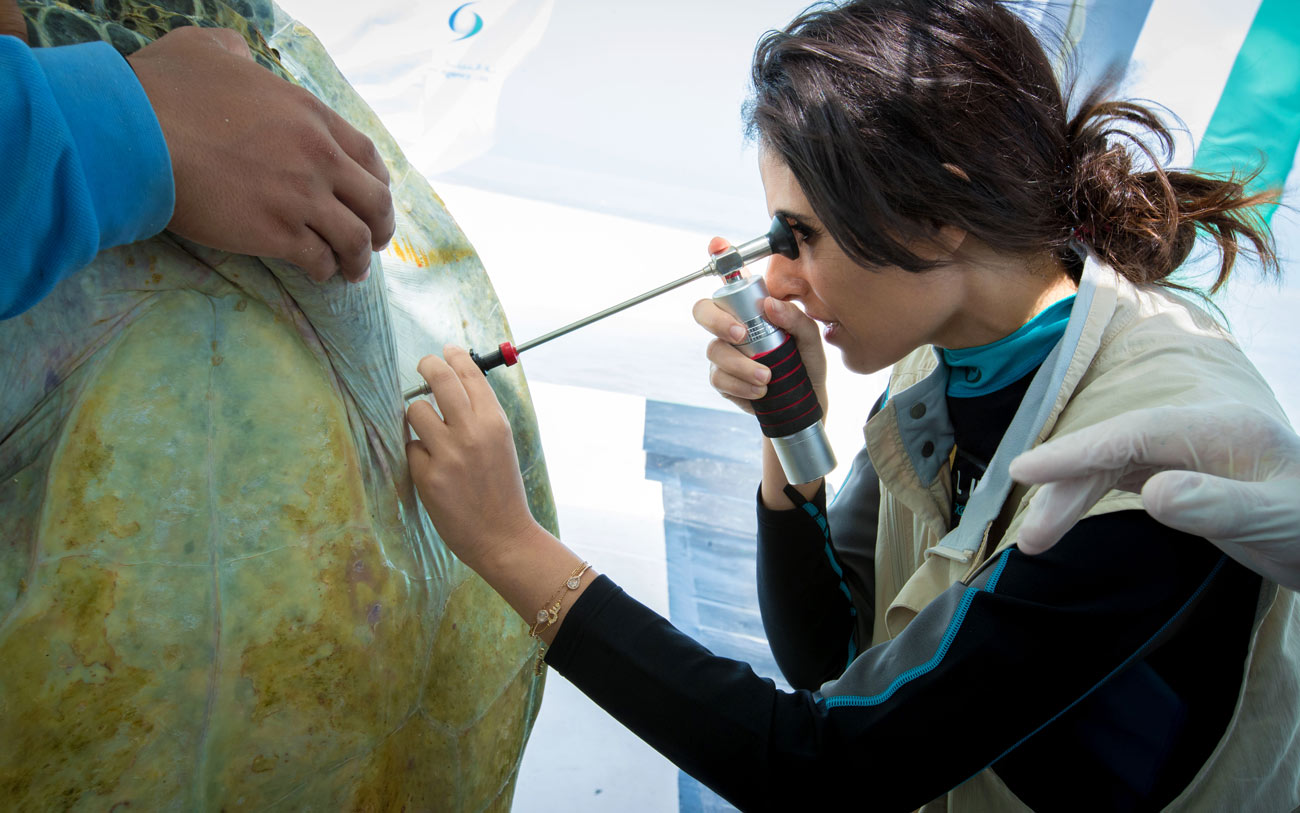In a recent interview for Newsweek, Razan Al Mubarak discussed the centrality of nature-based solutions in tackling the climate crisis, and her ambitions ahead of COP28 - now less than a month away.
As President of the International Union for Conservation of Nature (IUCN) Ms. Al Mubarak focused on the importance of nature as one way to address the current climate crisis:
“The climate change discourse is always underpinned by the needs for new technologies, but we tend to forget that nature is this great technology that exists today. It exists at scale; we know that it works. So in terms of numbers, the promise of nature is that it can provide a third of our mitigation solutions that we need by 2030.”
Forests, oceans, mangroves, and corals play a critical role in climate mitigation, as nature already absorbs and processes half of anthropogenic carbon emissions. Ms. Al Mubarak, who is also UN Climate Change High-Level Champion for COP28, strives to expand on this approach at the conference and urge climate action:
“I'd like to see concrete actions led by countries to protect the world's vital carbon sinks. Those could be forests, they could be in oceans. And I'd like to see a different sort of partnership. These challenges that we are talking about, they're huge and they're complex and cannot be addressed by one stakeholder alone. There needs to be a multi-stakeholder framework and partnership.”
COP28 will take place from November 30 to December 12 in the United Arab Emirates, and although the decision to host the event in the UAE has sparked some debate, Ms. Al Mubarak is confident in a positive outcome as her home country keeps an eye on the future:
“I think 19 out of the 27 COPs were hosted in countries that produce fossil fuels, so this is not unique. But I think what is unique, at least from my regional perspective and my personal perspective, is that the UAE has been and continues to be a leader in climate action. Today, we've diversified away from the fossil fuel industry to 70 percent away from oil and gas, and so we want to continue on this transition.”
